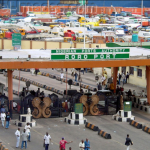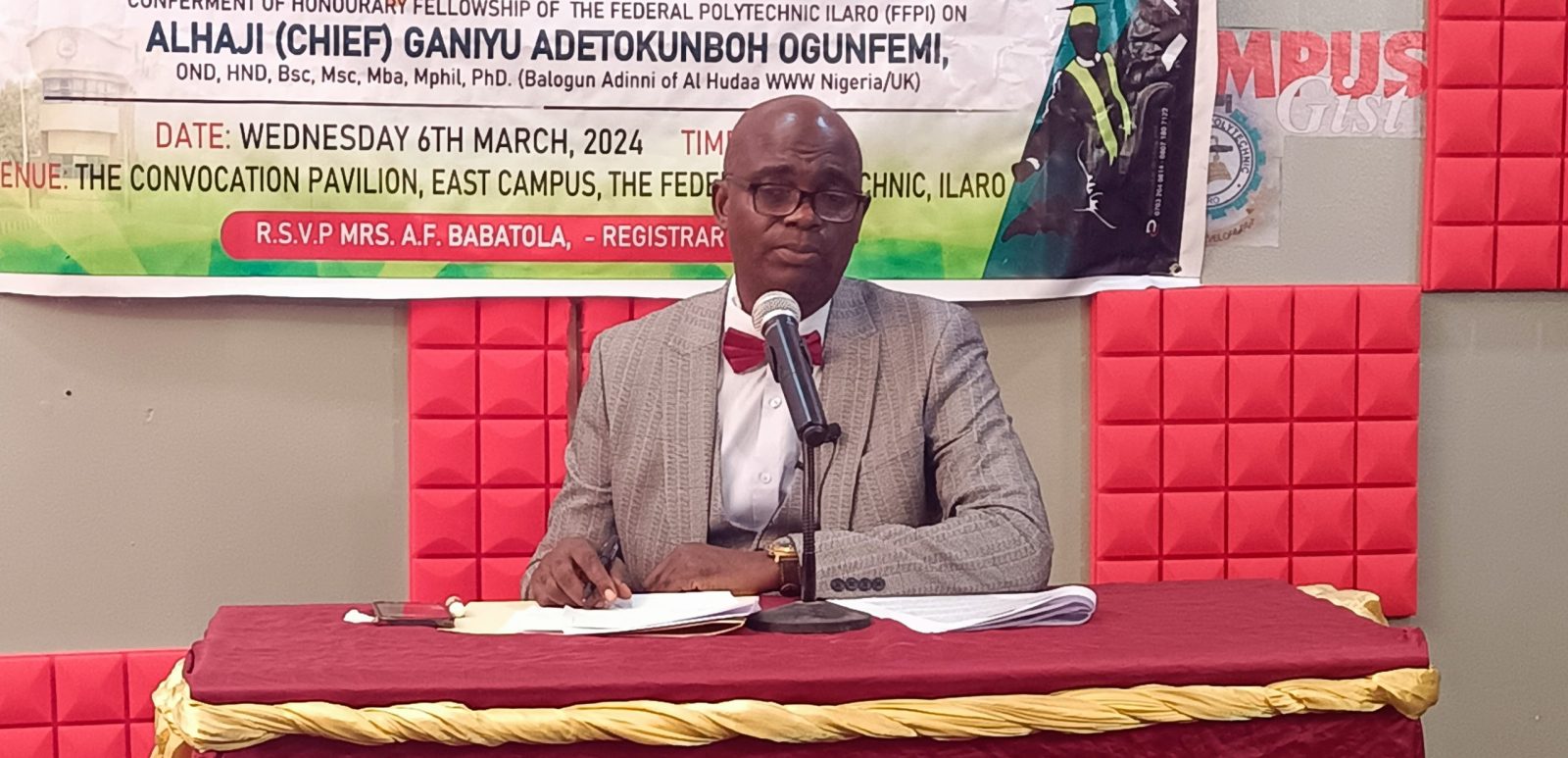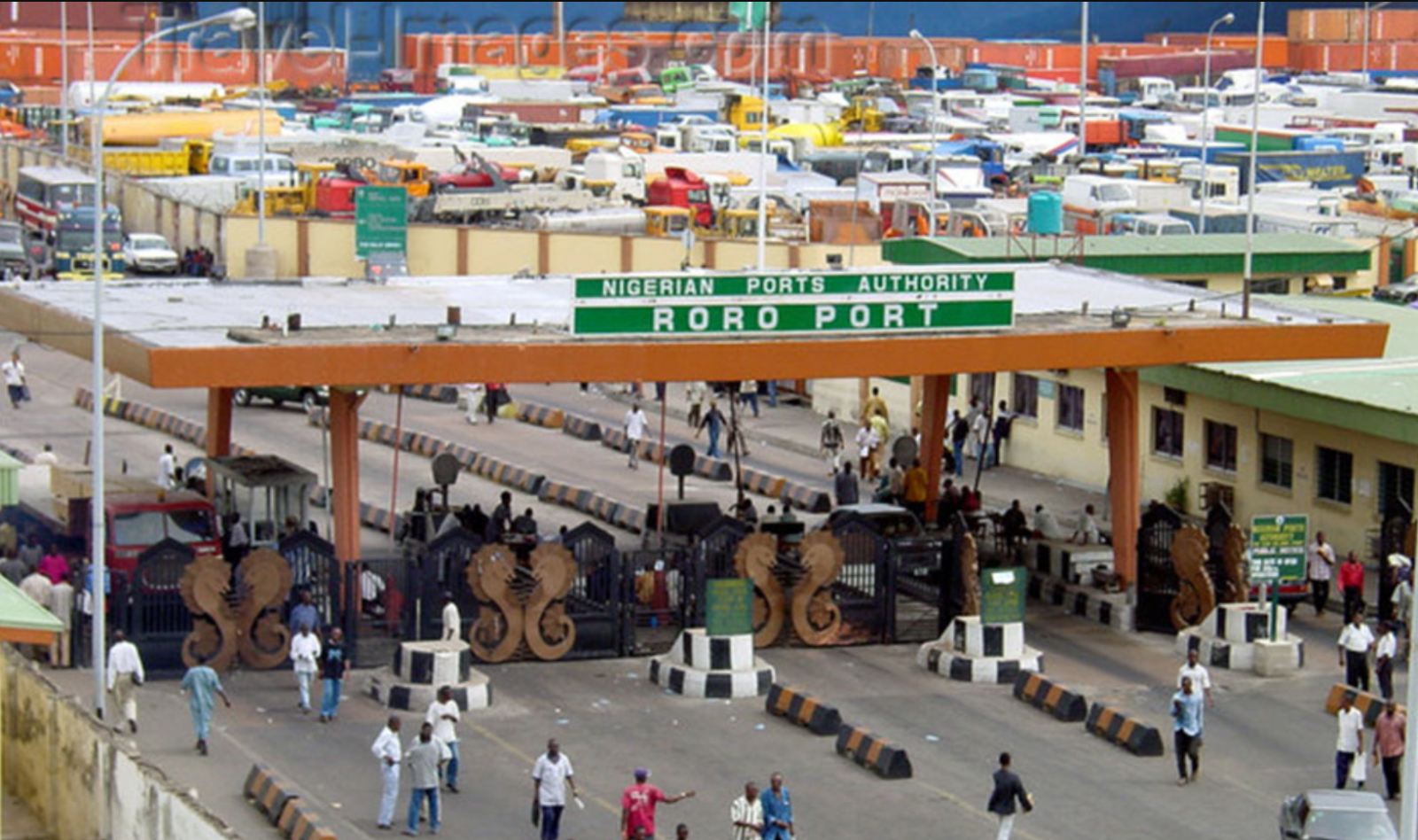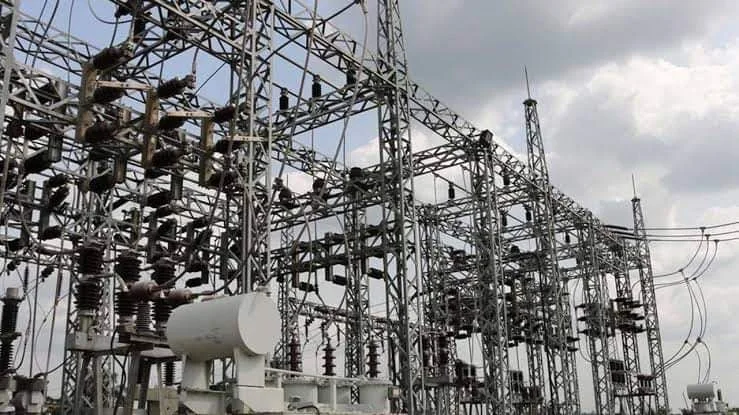Dr. Mukaila Akinde, the Rector of the Federal Polytechnic, Ilaro, Ogun State, says high unemployment and excessive inflation, called stagflation in economic parlance, are the root causes of Nigeria’s economic problems.
Contrary to what many experts were claiming, eminent financial expert Akinde, who holds a Ph.D. in finance, said Nigeria is not experiencing an inflation problem, reports Persecondnews.
According to the Rector, stagflation refers to an increase in both inflation and unemployment rates at the same time.
At a press conference to announce the 21st convocation ceremony, where 10,477 students would be graduating in the combined sets convocation, Akinde pointed out the interdependence of these problems, stressing that reducing unemployment is essential to easing the wider economic crisis.
The Rector acknowledged the poor situation of the nation’s real sectors while applauding President Bola Ahmed Tinubu’s dedication to solving the country’s problems.
He bemoaned the change of Oba Akran Avenue, Lagos, from an industrial centre to a neighbourhood dominated by churches and centres.
Akinde expressed worry about the country’s capacity to produce tyres and lamented the departure of major tyre manufacturers like Michelin and Dunlop from Nigeria as examples of the economic fallout.
He underlined that the president has a crucial role in reviving the economy, which begins with addressing fundamental challenges and also expressed confidence in response to President Tinubu’s borrowing stance, stressing the need for prudent loan use by the government.
He referenced Britain’s successful settlement of unemployment challenges through significant investments in the real sector and infrastructure, drawing inspiration from previous instances.
Akinde advocated an all-encompassing, strategic approach to economic recovery and also create an atmosphere where businesses would thrive.
While calling for massive engagement of the country’s youths, he urged the President to give significant investments in vital areas like railroads, highways, and industry top priority.
“This will help address the issue of unemployment. What we have now is called “stagflation.” The combination of a high rate of unemployment and high inflation is what we call “stagflation,” because if we only have inflation, it means a high rise in prices.
“If that is the case, fine, but that is not the case; prices are rising, and the unemployment rate is also rising, and that is the major problem.
“If you want to solve that, you need to first address the problem of unemployment. President Bola Tinubu appears to be courageous enough to solve the country’s problems, a nation in which all the real sectors have collapsed.
“Many of you know how Oba Akran in Lagos used to be in the past; it used to be an industrial hub. If you walk through Oba Akran today, there are now churches and reliance centres.
“Michelin and Dunlop tyres, when they leave this country, how many tyres do we export in a day, and for which vehicles? Where do we get those tyres from?
“So, when we look at it, the starting point is that the president must find a way to fix the economy. I’m very happy that he said one day that there is no crime in borrowing a loan; the only crime when you borrow a loan is how to use it.
“When Britain was having this kind of problem, the problem of unemployment, what they did was massive investment in the economy, the real sector of the economy in terms of rails, roads, and industry, so that those industries may not necessarily be leaving.
“If they stay, they will employ our youths, and you will see the problem of unemployment going down.”
On the education sector, the rector said: “We need to rethink and refocus our educational sectors; theories are meaningless when not put into practice.
“In polytechnic education, we put all the theories of universities into practice; that is why we are polytechnics.”
While highlighting the Polytechnic’s unique approach, Akinode stressed the importance of translating theoretical knowledge into practical skills.







































Leave a comment